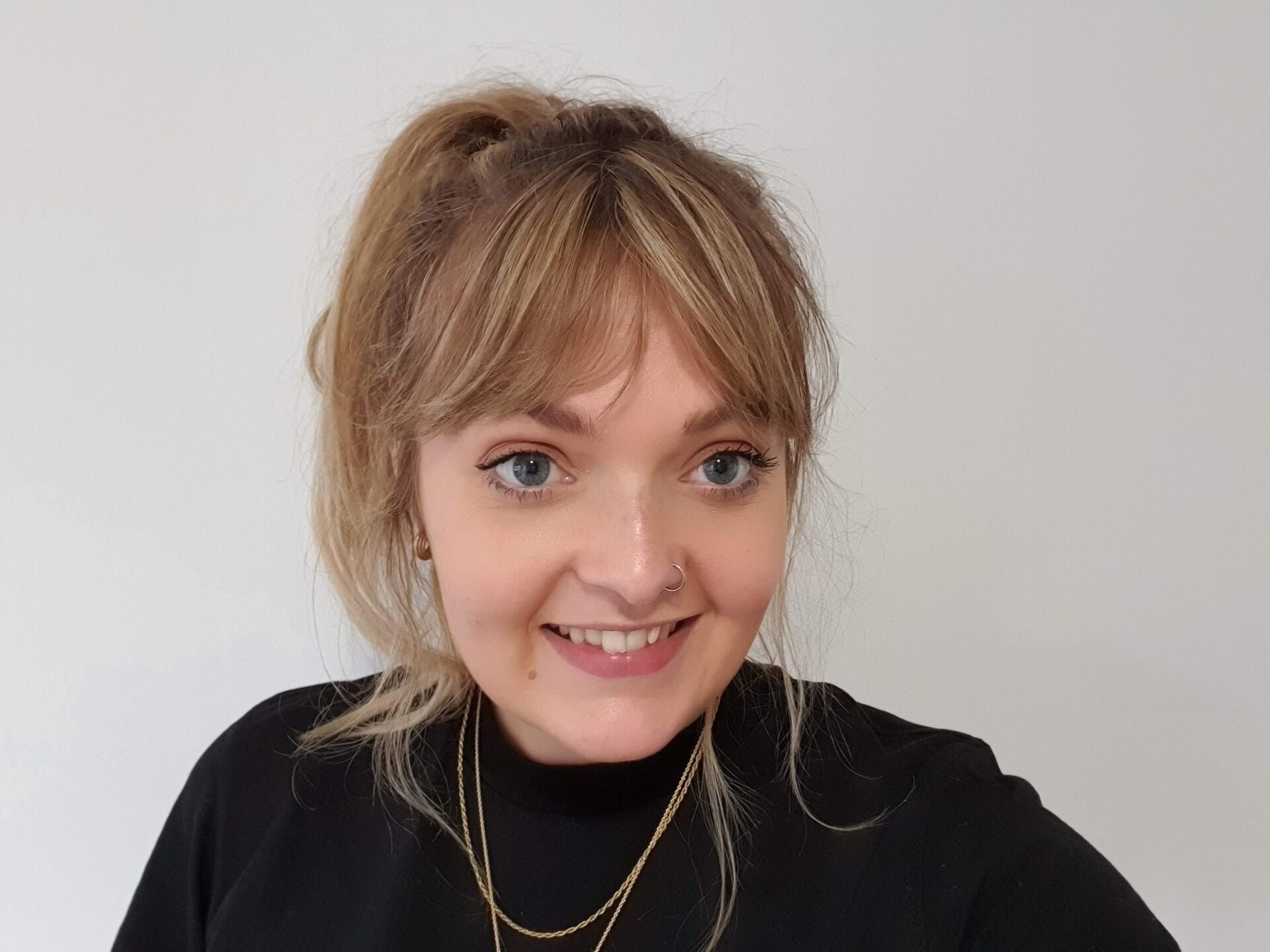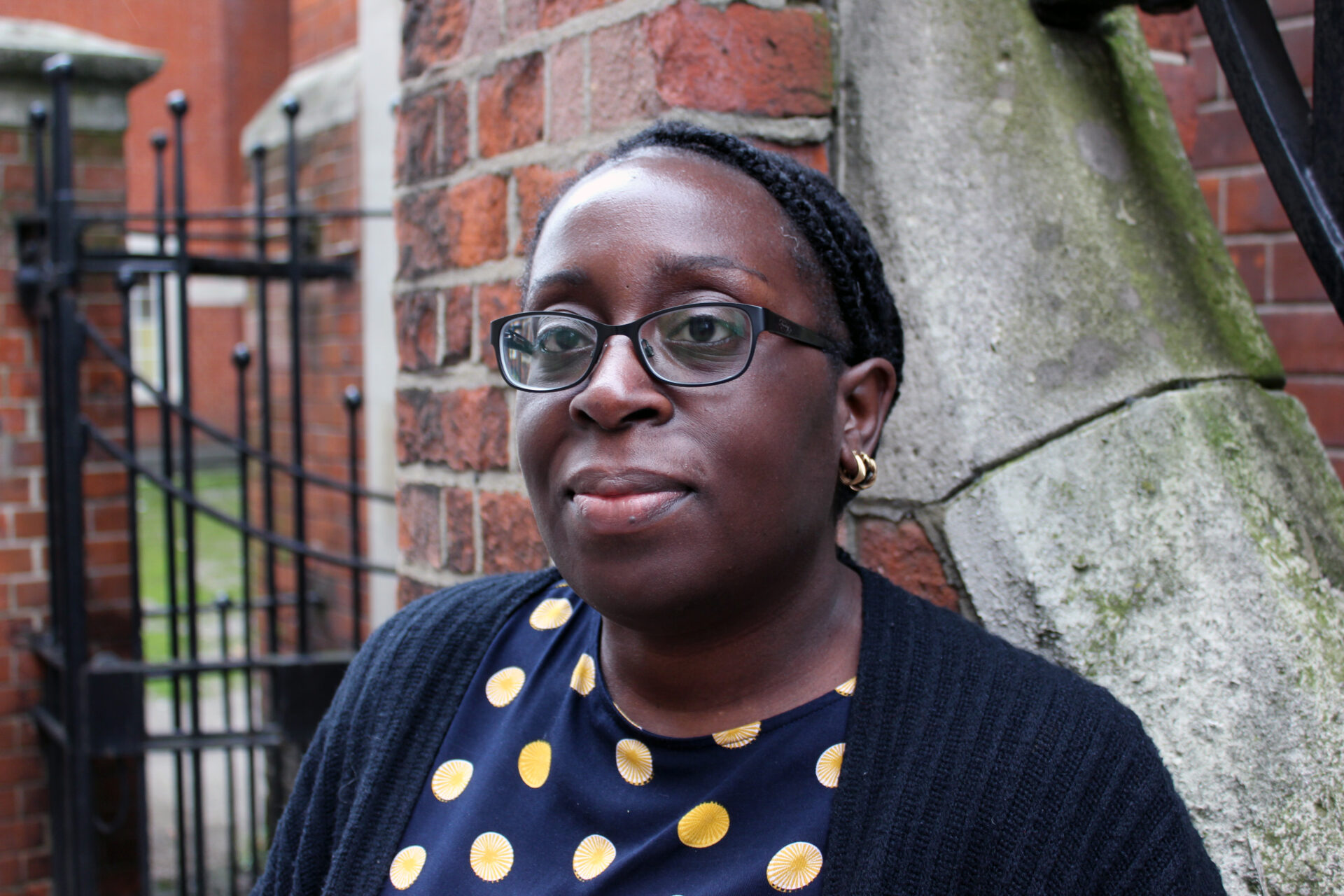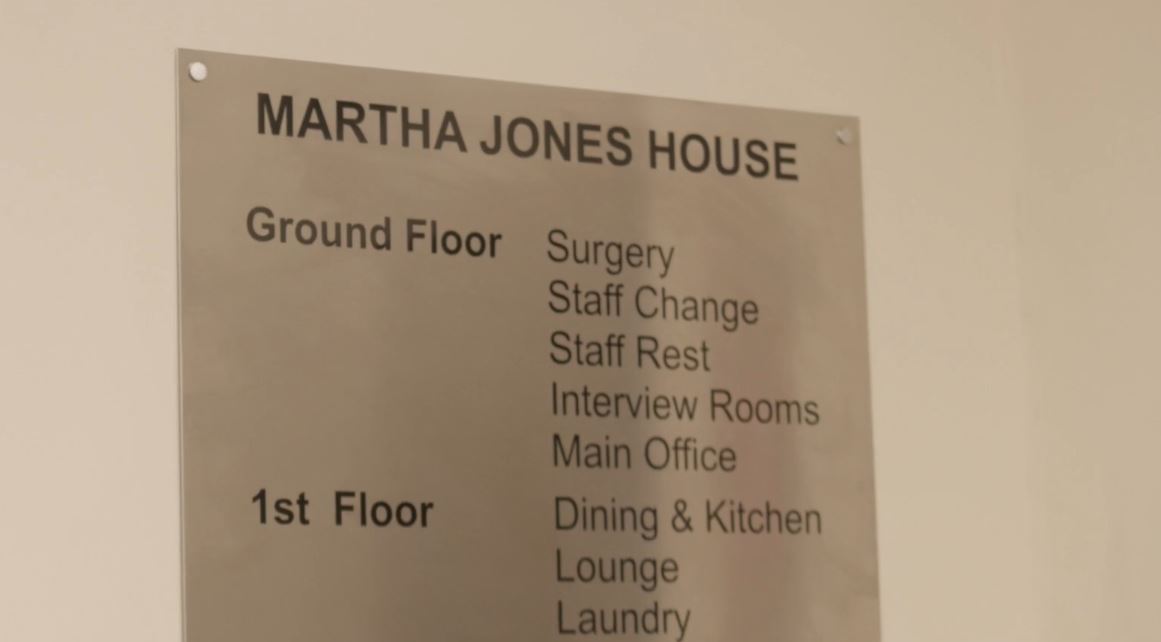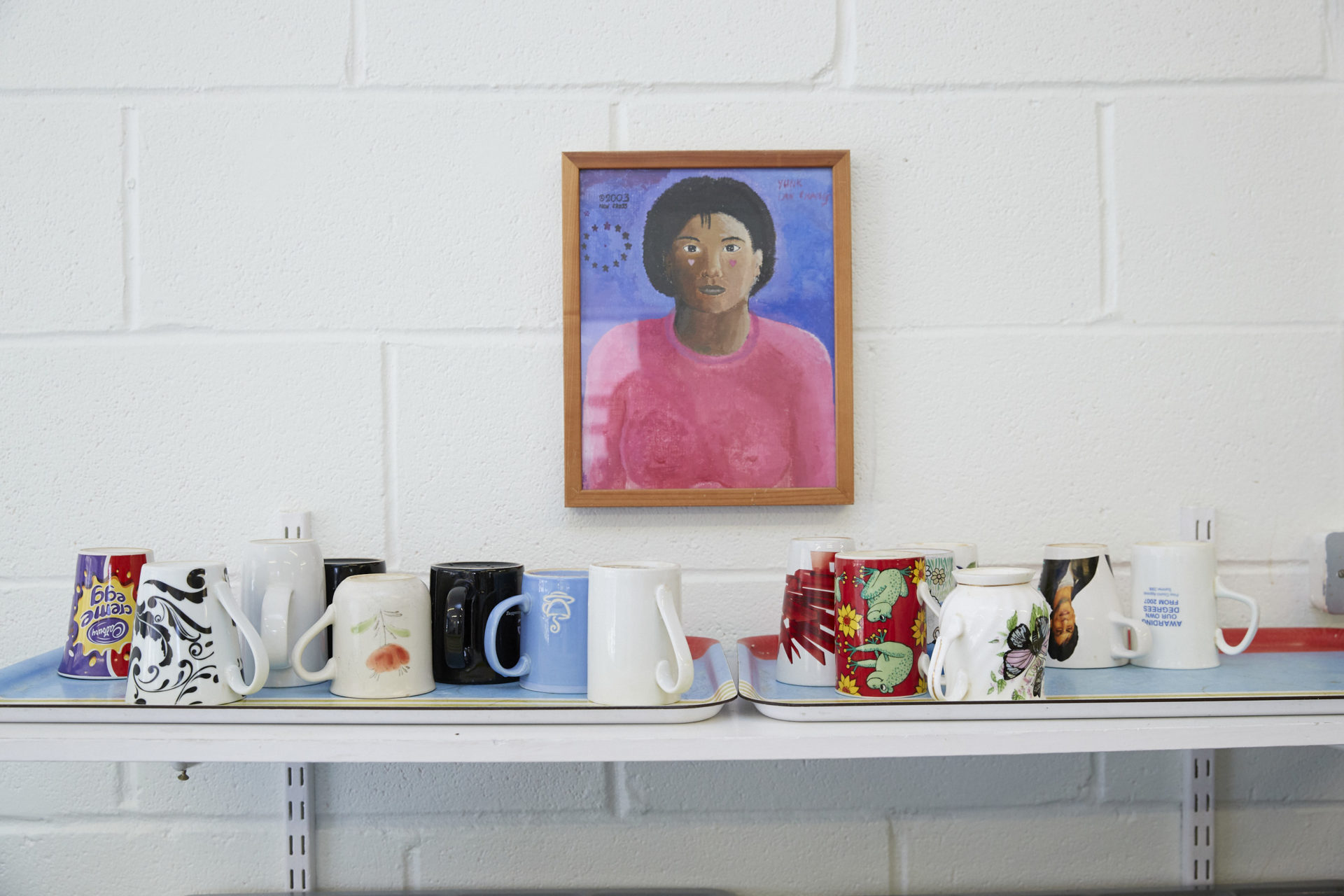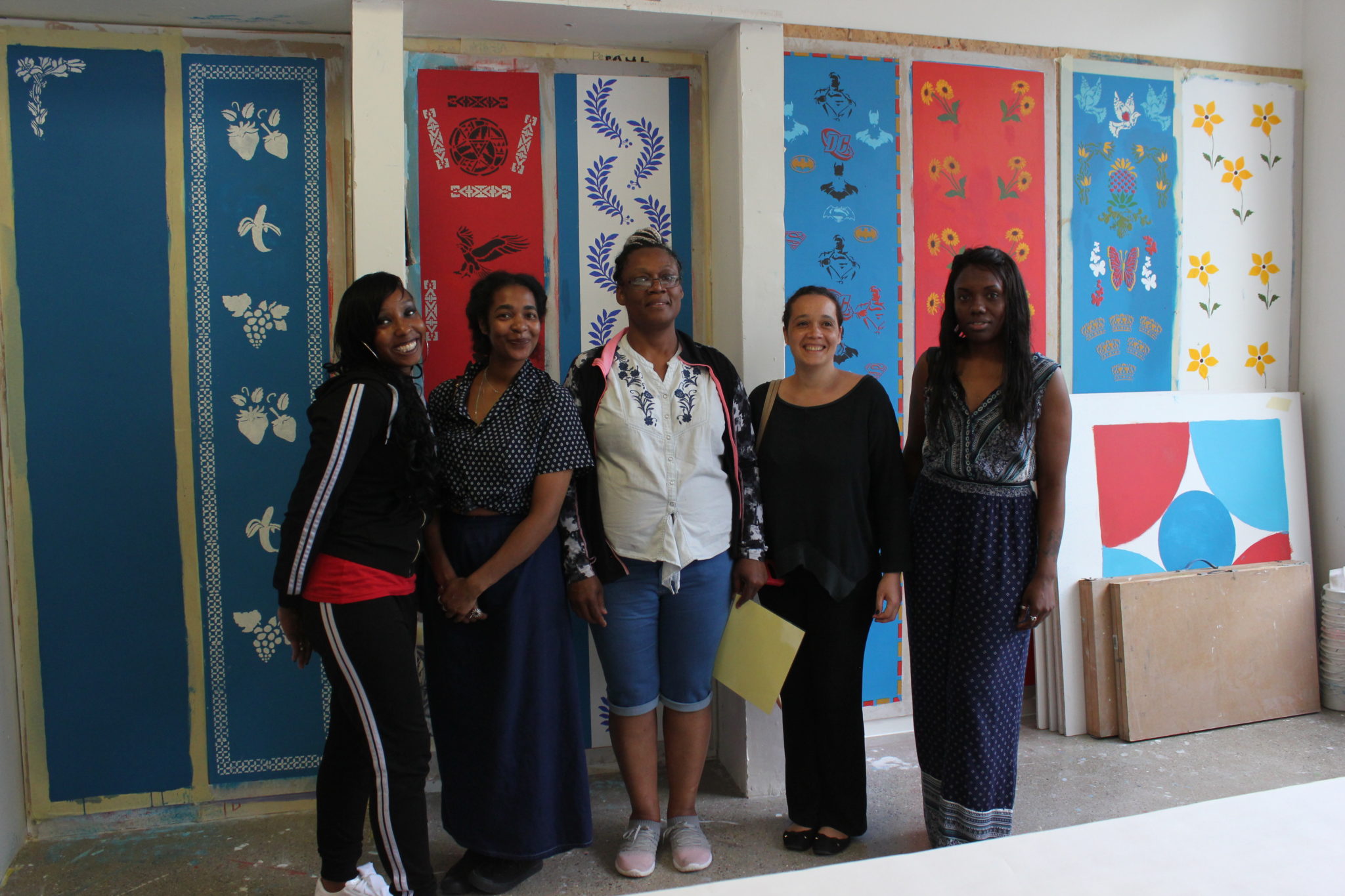What is it like to do a student placement with Thames Reach?
Maja discusses what she has learned during her social work student placement
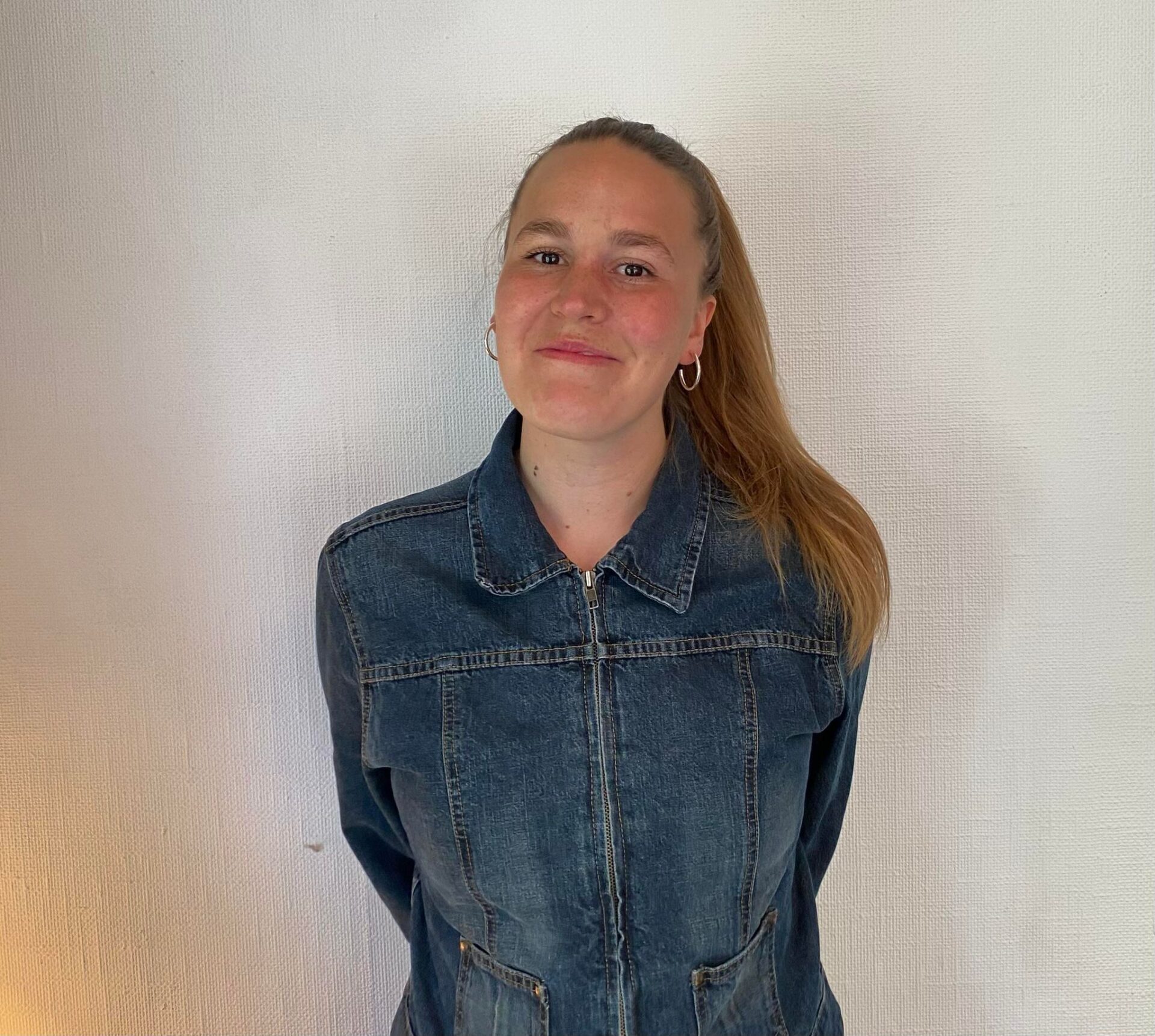
“During the pandemic I did some work at a food bank in Camberwell, and while volunteering I realised that I wanted to shift my career towards helping people. I was walking past Thames Reach’s Camberwell office all the time, so knew where they were, and decided to do some more research to find out the kind of support that they offer people. After my time at the food bank, I had started my degree in social work, so for my placement I applied with Thames Reach, and was told that I might be a good fit for the TST* [Tenancy Sustainment Team].”
A day in the life of a social work placement
“I would always start the day before, preparing for the next morning’s visits. As a volunteer, I didn’t have my own caseload, but I assisted a support worker in the team, so would be making to visits to people across London, in the form of welfare checks, or other things they might need. I would organise this in such a way that manages my time well, for instance I would try to get to see everyone living in South West London in one day. Usually, my day consisted of visits in the morning, then catching up with admin in the afternoon, either in the office or at home. Flexibility is key for the role, as sometimes visits don’t go exactly to plan, and I might be needed to help out with other issues during welfare checks. For example, I might spend an hour on the phone to the gas company for someone we support, other times I’ll be told that they are fine, and it’s only a short visit! If things don’t go to plan, it can be a bit of a challenge, but there have been times when I’m doing my admin later on and am actually able to identify the progress someone is making.
“The element I’ve enjoyed the most has been meeting the people Thames Reach work with. I spent the early part of my placement observing support workers and the reality of homelessness; it has been so inspiring to see how the academic work I’ve been doing for my degree comes together with practical experiences. I could notice myself becoming more confident as the time went on!”
Challenges of the work
“I was definitely quite naive in the beginning; I didn’t realise how complex the transition from homelessness to recovery and independent living can be. I thought that housing equals recovery, but there’s so much more that goes on in terms of supporting people when they’ve been traumatised. Playing a small part in showing people that they deserve a higher standard of living has been rewarding.”
Advice to future volunteers
“To anyone thinking of doing this kind of volunteering, I’d say go for it! Especially if it is part of a placement, as it can really boost the theoretical and academic side of social work. It’s really important to be proactive; showing people that you are there to help is really important, as is a willingness to get involved with anything that needs doing. Get as much experience as you can! As well as my work with TST, I was able to visit other projects such as hostels, to see the bigger picture of the different ways in which people are supported. I’m hoping to come back to London once I graduate to continue doing this work, so watch this space!”
*The Tenancy Sustainment Team (TST) are a vital part of Thames Reach’s recovery work, helping people who have had experience sleeping rough to move towards independent living, with support packages that help people in their homes once they have been housed. This support can help with issues around mental health, employment, physical health and addiction.
Check out our Volunteering page for a range of ways you can support Thames Reach.

